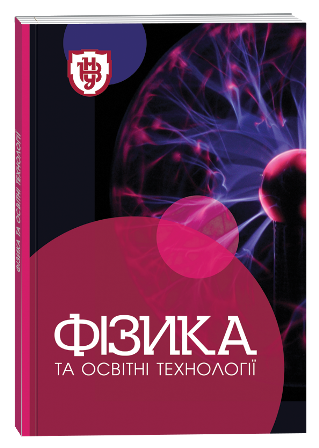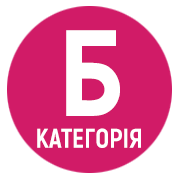MECHANISMS OF CRITICAL THINKING AND LEARNING PHYSICS AND PROGRAMMING
DOI:
https://doi.org/10.32782/pet-2022-1-2Keywords:
teaching method, formal logic, cognitive schemes, reflection, modelingAbstract
The purpose of this work is to identify and formalize the mechanism of critical thinking that manifests itself in the process of teaching physics and programming. This mechanism is presented in terms of formal logic, where individual steps are presented in the form of analysis, synthesis, induction, deduction, abstraction, generalization, and specification. This task is relevant from a psychological, methodological, and pedagogical point of view, because not every layer of educational discipline, especially in the humanitarian field, demonstrates the protocol of critical thinking well. Due to the high formalization of the material, programming is the activity where the mechanism of critical thinking manifests itself very distinctively. An important point is also the choice of a problem, whose solution illustrates the mechanism of critical thinking. This is a problem of modeling the movement of a body in a gravitational field from classical mechanics, which has a good visualization, is quite concise, and has a simple mathematical basis. The research methodology of critical thinking reflection was implemented in the process of modeling this process in its evolutionary development. The novelty of the work is that critical thinking is presented here in the form of common cycles of formal logical and materialized actions. Another innovation is the presentation of the results of the critical thinking mechanism. These results were recorded in the form of virtual mental cognitive structures that have an evolution in the cognitive process. This approach is directly related to learning processes and methods and is therefore interesting in the sense of learning theory. The main conclusion of the work is that the proposed approach made it possible to consider critical thinking succinctly in the context of three cyclical mental schemes based on concretization, generalization, and simultaneous analysis and synthesis. The latter makes these schemes a good basis for the development of various teaching methods, especially in the field of natural sciences.
References
Дьюи Дж. Психология и педагогика мышления / пер. с англ. Н.М. Никольской. Москва : Юрайт, 2021. 166 с.
Леви-Брюль Люсьен. Первобытный менталитет / пер. с фр. Е. Калыцикова. СанктПетербург : Европейский Дом, 2002. 400 с.
Павловська О.В. Логіка та дологічне мислення. Актуальні проблеми філософії та соціології. Одеса, 2021. Вип. 29. С. 24–27. URL: https://doi.org/10.32837/apfs.v0i29.955.
Фромм Э. Анатомия человеческой деструктивности / пер. с англ. Э.М. Телятникова. Москва : АСТ, 2014. 810 с.
Андерсон Дж. Когнитивная психология. 5-е изд. СанктПетербург : Питер, 2002. 496 с.
Леонтьев Д.А., Аверина А.Ж. Феномен рефлексии в контексте проблемы саморегуляции. Психологические исследования: электрон. науч. журн. 2011. № 2(16). URL: https://psystudy.ru/index.php/num/article/view/860.
Кукла А. Ментальные ловушки: Глупости, которые делают разумные люди, чтобы испортить себе жизнь / пер. с англ. 2-е изд. Москва : Альпина Бизнес Букс, 2008. 146 с.
Терно С.О. Критичне мислення – сучасний вимір суспільствознавчої освіти. Запоріжжя : Просвіта, 2009. 268 с.
Канеман Деніел. Мислення швидке і повільне. Київ : Наш формат, 2017. 480 с.
Miller George A. The Magical Number Seven, Plus or Minus Two. The Psychological Review. 1956. Vol. 63. Issue 2. P. 81–97.
Головін М.Б., Головіна Н.А., Головіна Н.М. Модельний розгляд пізнавальних процесів, супутніх навчальному програмуванню. Психологічні перспективи. Луцьк, 2018. Вип. 31. С. 57–70. URL: http://nbuv.gov.ua/UJRN/Ppst_2018_31_7.
Holovina Nina, Holovin Mykola. Modeling of physical phenomena as a methodological means of forming a knowledge structure in physics and programming. ScienceRise: Pedagogical Education, (43), 18–25, 2021.
Галіцин В.К., Сидоренко Ю.Т., Потапенко С.Д. Технологія програмування і створення програмних продуктів : навчальний посібник. Київ : КНЕУ, 2009. 372 с.








